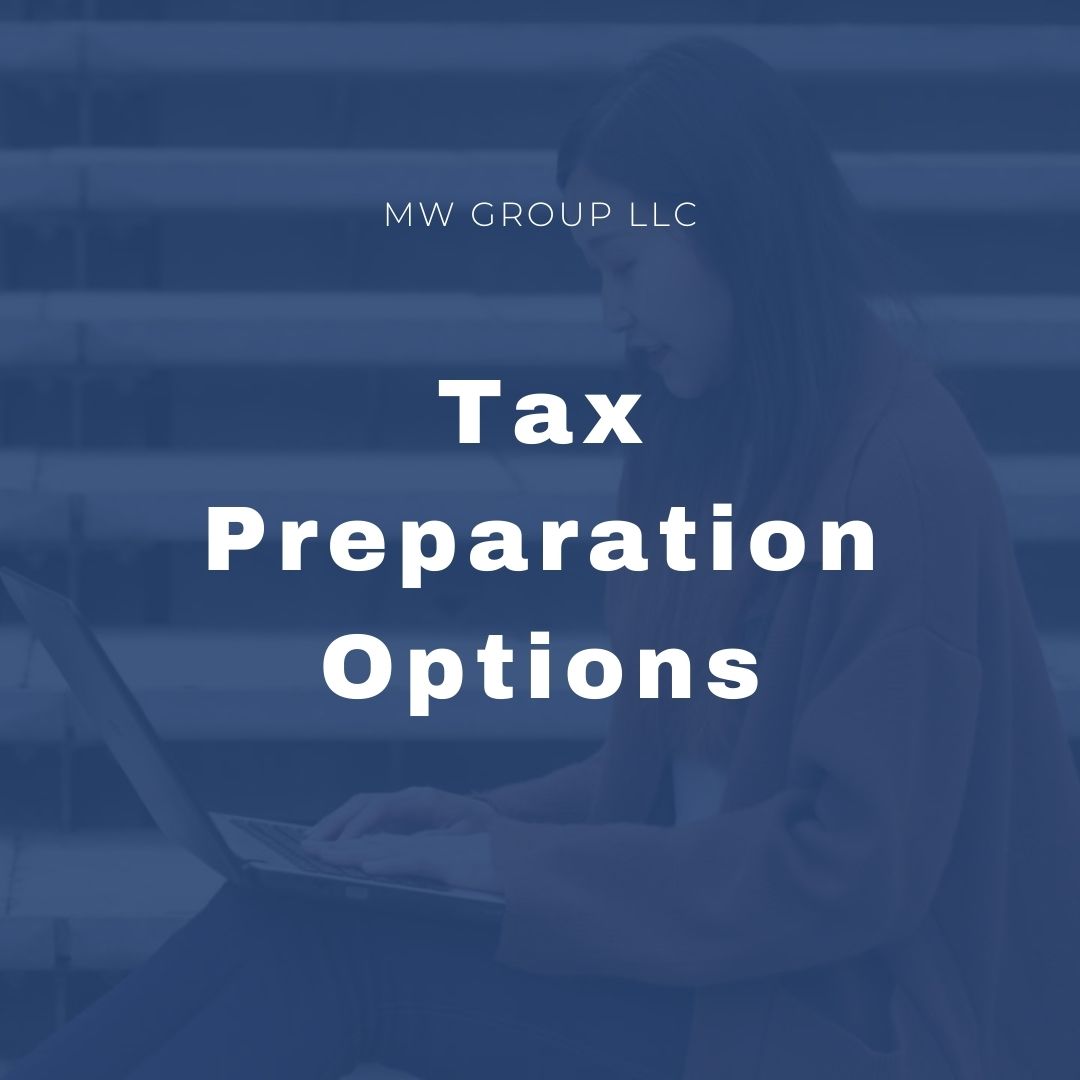
Being a business owner comes with numerous responsibilities, including the daunting task of tax preparation. While you have choices on how to handle this, it’s essential to understand your options to make the right decision for your business. In this post, we’ll explore the various approaches to tax preparation.
Option 1: Do It Yourself
Some business owners opt to tackle tax preparation themselves using tax software readily available in the market. This approach can work for individuals with straightforward tax situations, like having a W-2 and minimal additional financial complexities.
However, it’s essential to exercise caution with this option, especially for businesses. Taxes for businesses involve intricate considerations that may fall outside the scope of what tax software can address. Relying solely on software can lead to errors and missed opportunities for deductions.
For instance, consider a case where a business owner handled their tax return themselves and mishandled sales tax treatment, resulting in an incorrect deduction. Such issues might only surface during an audit, causing headaches and potential financial penalties.
Similarly, errors can occur when dealing with payroll taxes, sales tax, and other business-related tax filings. Attempting a DIY approach may lead to missed deadlines and accumulating penalties, ultimately costing more than hiring a professional.
Option 2: Hire a Tax Preparer
A step up from the DIY approach is hiring a tax preparer. These professionals specialize in preparing tax returns but may not have the advanced credentials of a CPA (Certified Public Accountant) or an EA (Enrolled Agent).
While tax preparers can be helpful, they usually lack the comprehensive training and expertise needed to provide strategic tax advice. Their primary focus is preparing tax returns accurately. However, they might not fully grasp the nuances and complexities of various tax scenarios.
Option 3: Engage a CPA or Enrolled Agent
Our recommended option for business owners is to collaborate with a CPA or an Enrolled Agent. These professionals possess the necessary qualifications and expertise to handle your business’s tax needs effectively. It’s important to note that not all CPAs specialize in taxes, so due diligence is key when selecting the right professional.
Before making a decision, conduct thorough research on potential CPAs or EAs. Seek recommendations, interview candidates, and inquire about their experience, including the types of returns they typically handle and their familiarity with your industry.
Effective communication is vital in this professional relationship. Ensure that your chosen CPA or EA aligns with your preferred communication style, whether it’s through phone calls, emails, or in-person meetings.
Additionally, discuss expectations, such as deadlines and turnaround times, to ensure a smooth collaboration.
In Conclusion
Transitioning from a DIY or non-credentialed tax preparer to a professional relationship with a CPA or Enrolled Agent involves a shift in dynamics. Expect the process to be more deliberate and thorough, especially in the initial stages. As you build a lasting partnership with your tax professional, communication remains key, and seeking their input before making financial decisions can save you both time and money.
Remember, tax preparation is not just about compliance; it’s also an opportunity to optimize your tax strategy for the benefit of your business. If you need guidance or assistance, we offer a free consultation. Feel free to reach out today to explore your options further.